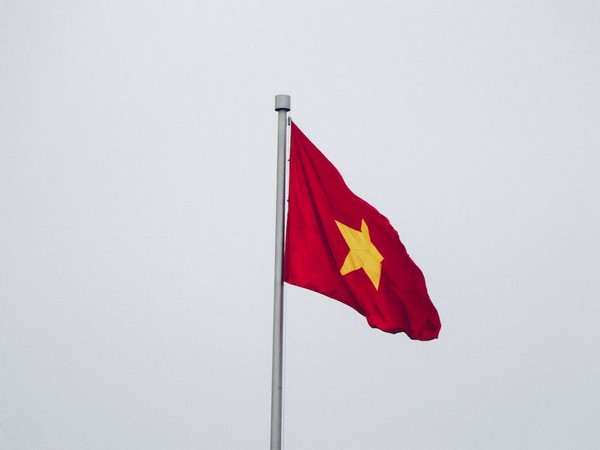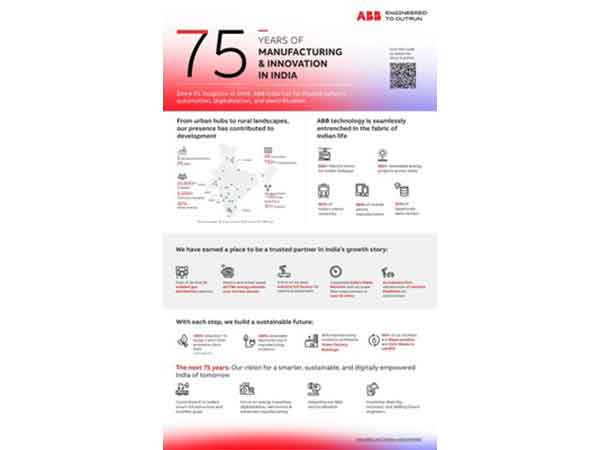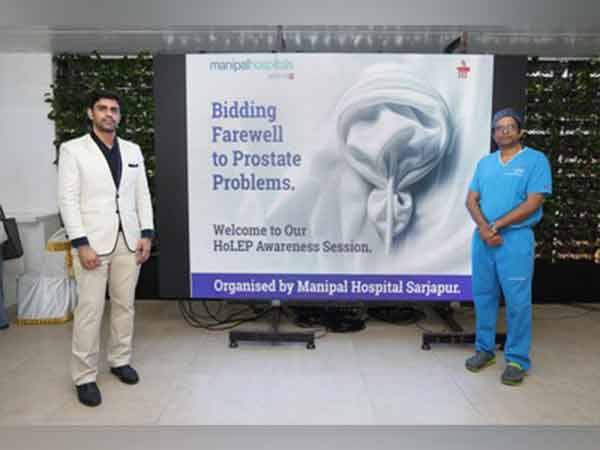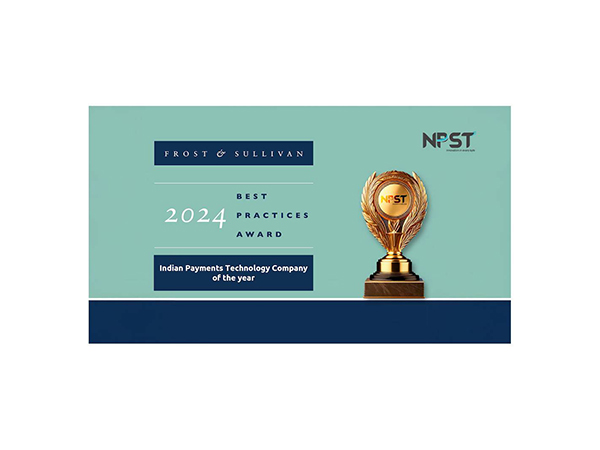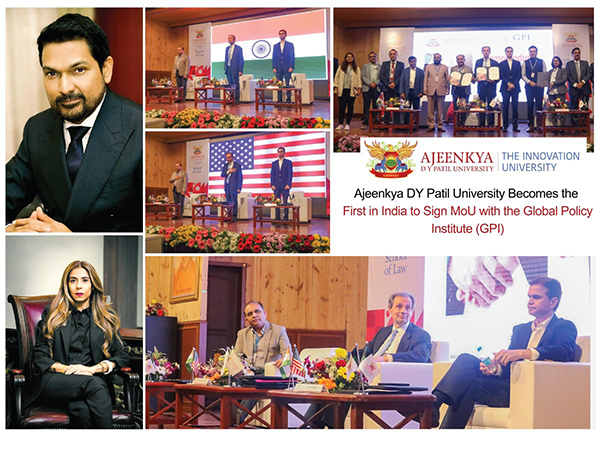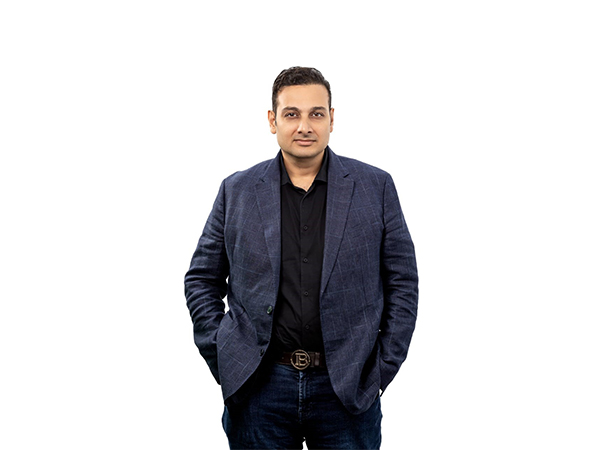From Marum Estate to Vietnam's vision in the eyes of SSRG investors
Feb 08, 2024
Hanoi [Vietnam], February 8: The founder of Sir Stamford Raffles Group (SSRG-Singapore) shares his investment prospects in the Vietnamese market in the medium and long term, with a vision towards sustainable development projects in Southeast Asia.
SSRG has just launched the Marum Estate project in Kandal province, south of Cambodia's capital Phnom Penh. This is a complex, multi-dimensional urban area project including residential
Sharing with the press, Mr. Ng Aung San, co-founder of SSRG, said there are many reasons for this group to invest in Cambodia instead of other countries in Southeast Asia. Accordingly, SSRG assesses that Cambodia is developing vibrantly, has a young workforce and
In addition, Cambodia's newly announced Techo Takhmao international airport project about 7 km away also creates favorable conditions and increases the value potential for the project. "Outstanding infrastructure often leads to comprehensive government support in connectivity and other areas, positioning us well in terms of both accessibility and capital appreciation. Our projects I am benefiting from increased land values and attracting more attention," he said.
Mentioning Vietnam when talking to the press, Mr. Ng Aung San said he had worked in Ho Chi Minh City for several years and knew clearly that Vietnam was developing dynamically and maturely, and realized that the Vietnamese market was competitive. more competitive due to its global nature and the presence of many international companies. "We can learn a lot from the energy, positive attitude and belief in the ability to achieve great things of the Vietnamese people," he said.
In the medium and long term vision, SSRG wants to expand into other markets and Vietnam is definitely on that list. "When discussing with Vietnamese colleagues, I noticed many similarities between the projects we developed and reality in Vietnam, especially in provinces neighboring Ho Chi Minh City such as Binh Duong
According to him, when focusing on the Vietnamese market, SSRG will pay attention to factors including: scale and growth rate, economic prospects, cultural insights and legal factors. "Before launching the project, SSRG and I will have to engage in in-depth research and development activities to tailor the project to the unique dynamics and opportunities of the Vietnamese market. This will involves thorough market research to understand demographic trends, consumer behavior and spending patterns in Vietnam. Ensuring compliance with Vietnam's legal framework and protecting intellectual property Intelligence is also important for us to operate smoothly and protect our innovations," he said.
"It can be affirmed that Vietnam possesses attractive opportunities such as a large and rapidly growing population and strong economic growth. In particular, the increasingly improved legal environment is a factor. The key is to ensure foreign investors can easily enter the market and operate projects smoothly in Vietnam," he emphasized.
"These elements will form the foundation for SSRG's long-term development strategy. Although detailed information and specific data regarding future projects cannot yet be revealed, I hope SSRG will soon be present in the Vietnamese market with typical and sustainable green projects."
Source: Thanh Nien Newspaper
